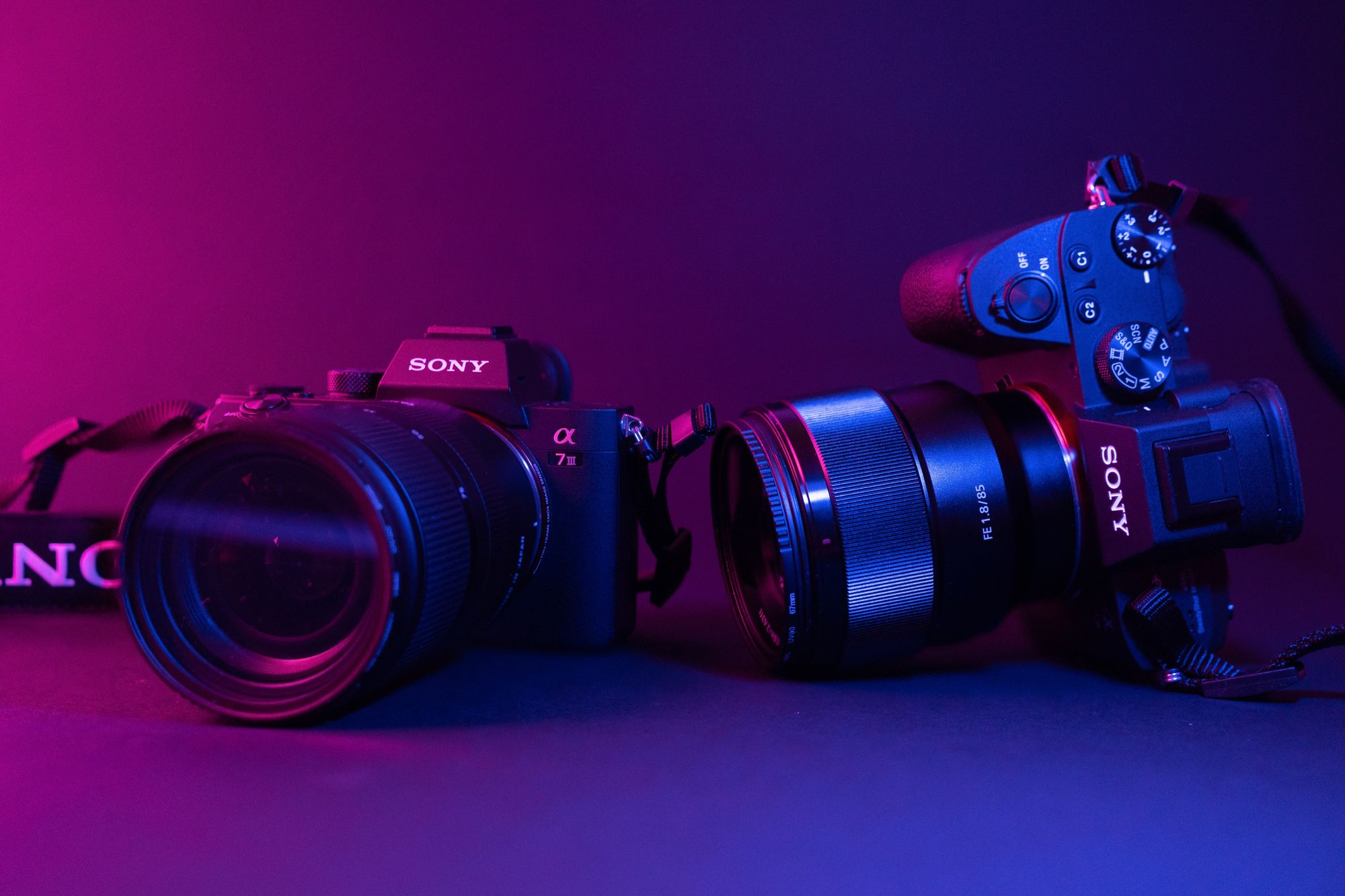Everything you need to know about the Creative Commons licenses
Protect your work and business by understanding the different types of Creative Commons licenses and learning where CC media can be used.

The Creative Commons (CC) is the leading nonprofit and source for digital work protection through their issuing of copyrights, also known as Creative Commons licenses. The Creative Commons issues many types of licenses in 60 countries, with support for other countries coming soon.
All sorts of digital professionals protect their work through a CC license. You've likely sourced work from the Creative Commons if you work in marketing, graphic design, web development, video protection, and others.
If you are someone who sources images online for branded or personal content, it is important to have an understanding of the different types of CC licenses. There have been many situations where people have been sued for exorbitant amounts due to breaking copyright, so pay close attention to the CC attribution guidelines.
Here’s how to save time and money by learning more about CC through our guide.

CC BY
CC BY is the most permissive CC license. As long as you credit the creator of an image, video, or other creative work, you can share, edit, alter, or develop that creative work in any way you see fit.
Media protected by a CC BY license can be used for professional and commercial work.
CC BY-SA
The CC BY-SA license offers original creators the same protections and those accessing that creative work the same distributive and editing abilities. However, the CC BY-SA has the ShareAlike (SA) clause.
Work derived from or using media with the ShareAlike clause must have the same attribution regulations as the original work. This means that if you use an image in a creative video, if the CC protects the video, it has to have a CC BY-SA set under the standards of the original license.

CC BY-NC
The CC BY-NC license also offers creators the same protection covered by a CC BY license, but the work protected under it can only be used for noncommercial purposes.
Companies that use work covered under a CC BY-NC license for commercial purposes are liable to get their work taken down.

CC BY-NC-SA
The CC BY-NC-SA license combines protections from a CC BY-SA and CC BY-NC license. Unlike the CC BY license, the CC BY-NC-SA license has the ShareAlike clause and cannot be used for commercial purposes.
You can still remix and distribute work if you use media protected by a CC BY-NC-SA license but be careful where you post it.
CC BY-ND
The CC BY-ND license allows people to license and share the original work as long as it stays unmodified, and you attribute the creator. This means that you are not allowed to edit the work in any way.
However, you can use this media for commercial work if you don’t modify it.

CC BY-NC-ND
The CC BY-ND license expands protection on the simpler CC BY-ND license by not allowing the work to be used for commercial purposes.
Art and historical work are often protected under this license.
Creative Commons Zero (CC0)
Creative Commons Zero isn’t actually a license type, but it is a public domain certification. Through CC0, creators can give up their rights to their work and release it to the global public domain.
The original creator of a CC0 work holds no claim to the work or any of its derivatives. You do not need to cite the creator or where you got CC0 media, regardless of whether it's for commercial purposes or not.

Creative Commons 1.0 vs. 2.0 vs. 2.5 vs. 3.0 vs. 4.0
The digital media landscape has developed greatly since the release of Creative Commons 1.0 licenses in December 2002. As more people around the world started protecting their work through CC licenses, there have been a need to add features to the licenses, hence the new releases.
CC 4.0 is much more expanded than CC 3.0 or other previous versions. Outside of the United States, especially in Europe and Japan, CC licenses may have additional features or protections due to copyright laws.
Always make sure to check and research attribution requirements before using media.
Save time and money when producing high-quality bespoke content for your markets. ContentGrow helps marketing teams work with perfectly matched content creators at preferred rates.


